-
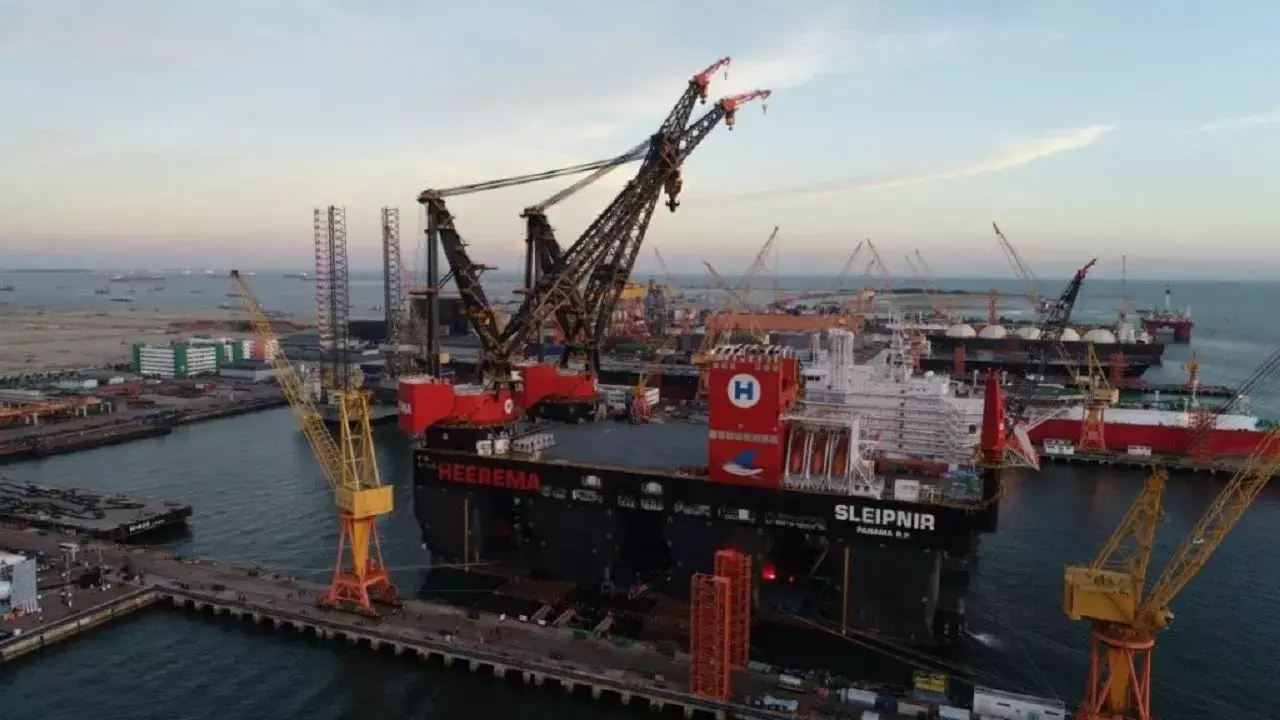
Unveiling the Sleipnir: The World’s Largest Semi-Submersible Crane Vessel Revolutionizing Offshore Engineering
The Sleipnir Semi-Submersible Crane Vessel: A Marvel of Offshore Engineering The Sleipnir semi-submersible crane vessel is a monumental addition to Heerema Marine Contractors’ fleet, designed for heavy-lifting operations in offshore oil and gas facilities. Built by SembCorp Marine in Singapore, Sleipnir is one of the largest crane vessels in the world, equipped with two 10,000…
-
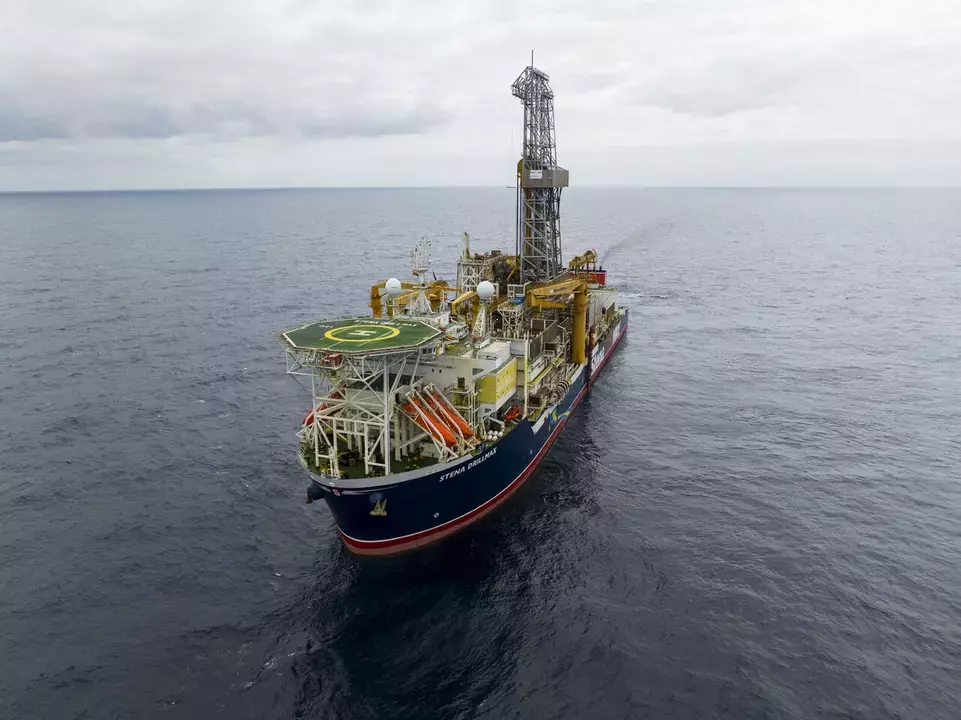
“Unlocking Suriname’s Energy Potential: TotalEnergies and Stena Drilling’s Strategic Partnership”
TotalEnergies and Stena Drilling: A Pivotal Partnership in Suriname The recent news of TotalEnergies awarding Stena Drilling with a contract to deploy the Stena DrillMAX drillship for managed pressure drilling in Suriname highlights a pivotal moment in the energy sector. This article delves into the details of this significant contract, examining its implications for TotalEnergies,…
-
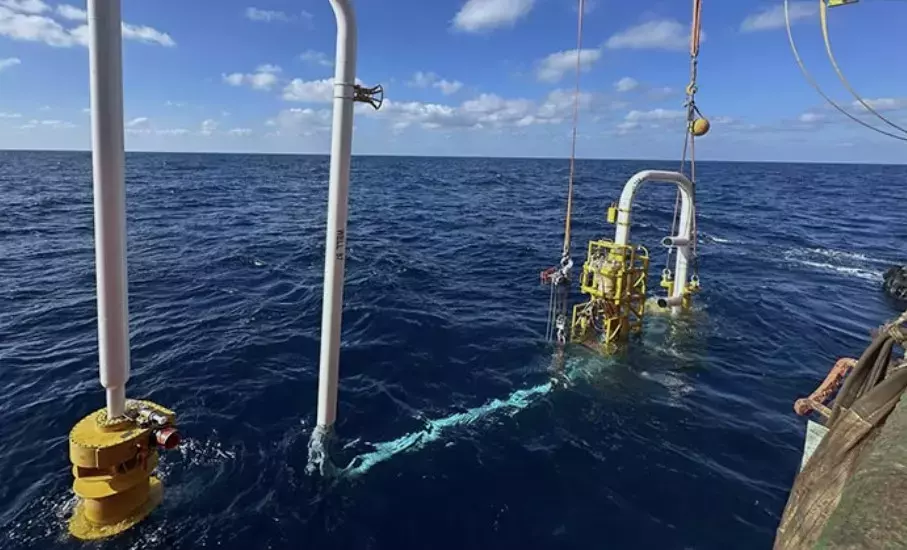
Phase 10 of Egypt’s WDDM Gas Field Project: A Milestone in Deepwater Innovation and Energy Security
West Delta Deep Marine (WDDM) Gas Field Development Project: A Milestone in Egypt’s Energy Sector The successful completion of Phase 10 of the West Delta Deep Marine (WDDM) gas field development project offshore Egypt marks a significant milestone in the country’s energy sector. This phase involves the production of three subsea wells, Sapsat-3, Sepia-1, and…
-
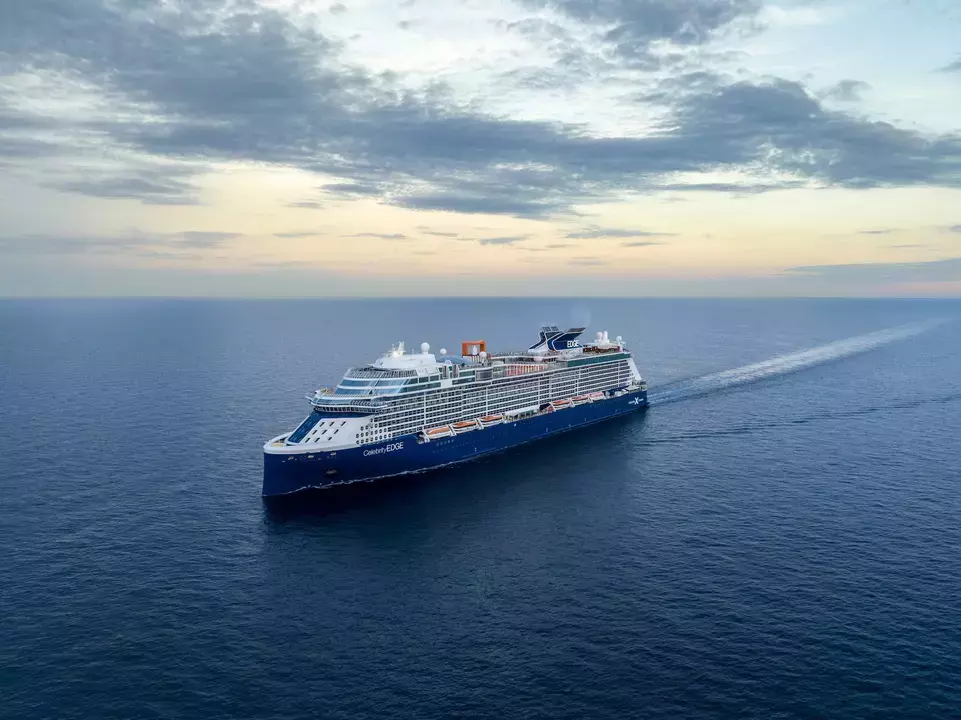
Royal Caribbean Group Sets Sail for Dominance in the River Cruise Market
Royal Caribbean Group’s Strategic Entry into the River Cruise Market Royal Caribbean Group’s recent foray into the river cruise market is a strategic move aimed at capitalizing on the growing demand for intimate and culturally enriching travel experiences. This expansion aligns with the company’s robust financial performance in 2024, positioning it to innovate and elevate…
-
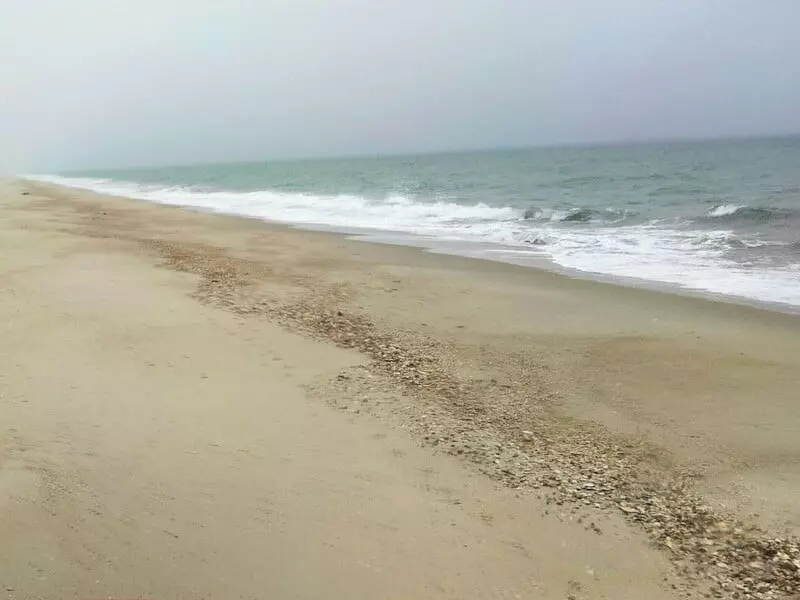
Russian Tanker Fuel Spill in the Black Sea: Environmental Impacts and Long-Term Consequences
Environmental Impact of the Russian Tanker Fuel Spill in the Black Sea Overview of the Incident The Kerch Strait, a strategic waterway in Eastern Europe, connects the Black Sea and the Sea of Azov, separating Crimea from the Taman Peninsula. Historically significant, it has been a site of numerous conflicts and battles, including the Battle…
-
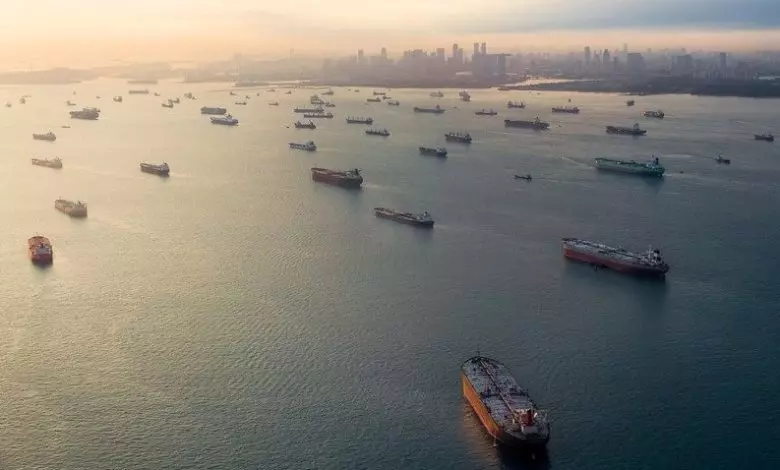
“Navigating Sanctions: The Surge and Impact of Ship-to-Ship Oil Transfers on Global Markets”
The Impact of Ship-to-Ship Transfers on Global Oil Markets Overview of Ship-to-Ship Transfers Ship-to-ship (STS) transfers involve the direct transfer of oil from one tanker to another at sea, a practice crucial for maintaining continuous operations in remote or hostile environments. This method’s efficiency and flexibility are vital in the dynamic global oil market, especially…
-
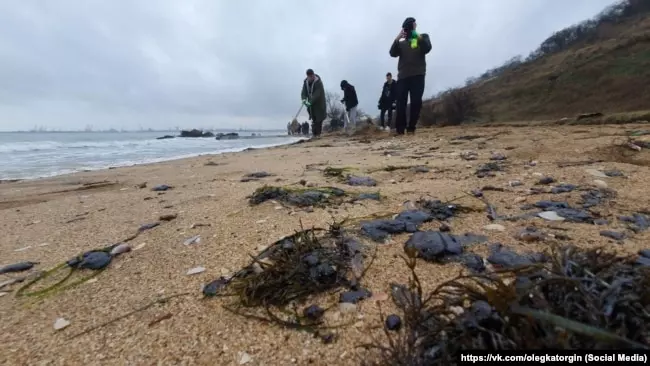
In Crimea, 15 tons of oil-contaminated sand and soil were collected in a day – RF Ministry of Emergency Situations
Oil Tanker Accident in the Kerch Strait: Environmental Impact and Cleanup Efforts Overview of the Oil Tanker Accident The oil tanker accident in the Kerch Strait on December 15, 2024, resulted in significant environmental damage. Two Russian ships, damaged during stormy weather, released approximately 3,700 tons of low-grade fuel into the strait. This critical transit…
-
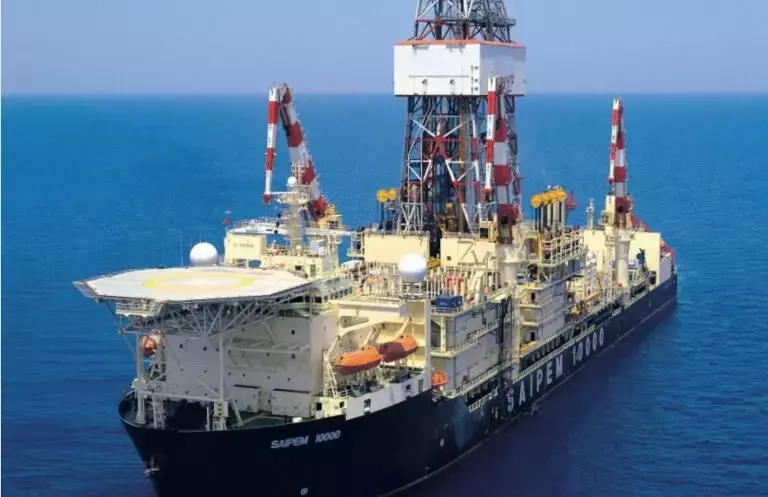
Eni’s Drilling Resumption at Zohr Gas Field: A Game Changer for Egypt’s Energy Strategy
Eni’s Drilling Resumption at the Zohr Gas Field: A Pivotal Moment for Egypt’s Energy Strategy Eni’s plans to resume drilling activities at the Zohr gas field offshore Egypt, with the arrival of the Saipem 10000 drillship, mark a pivotal moment in the country’s energy strategy. This initiative aims to boost production to 220 million cubic…
-
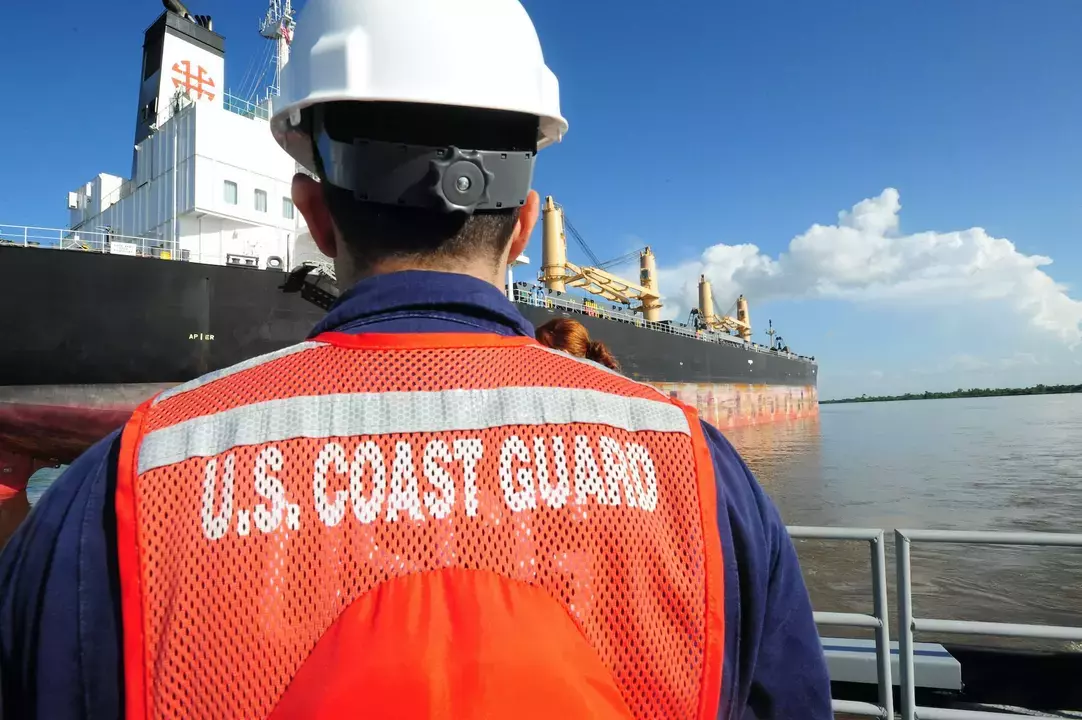
Chief Engineer Convicted for ‘Magic Pipe’ Scheme: Environmental Crime and Cover-Up
Chief Engineer Sentenced to Prison for ‘Magic Pipe’ Cover-Up in New Orleans The news title “Chief Engineer Sentenced to Prison for ‘Magic Pipe’ Cover-Up in New Orleans” highlights a significant environmental and legal case involving a Chinese national, Fei Wang, who served as the Chief Engineer of the M/V ASL Singapore. The vessel was involved…
-
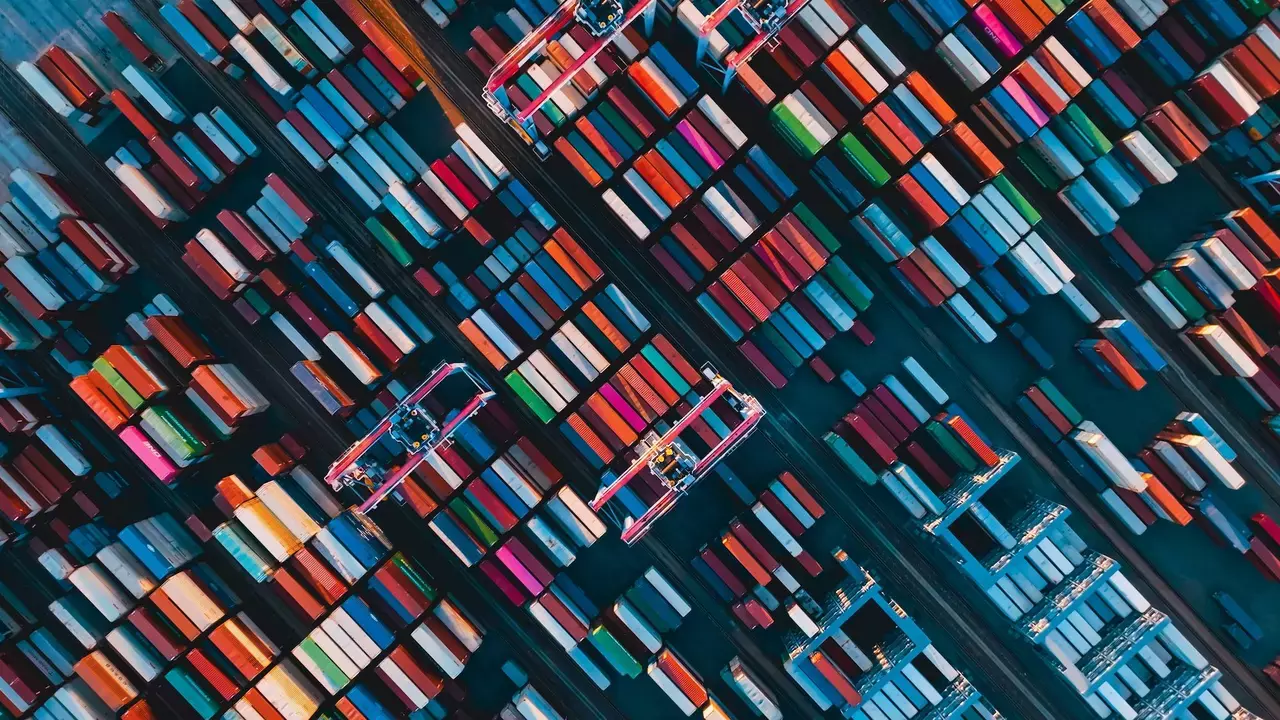
U.S. Container Imports Surge: Economic Health Indicator and Future Projections
The United States has witnessed a significant surge in container imports, which is being interpreted as a strong indicator of the nation’s economic health. This trend is reflected in a 14.2% year-over-year increase in inbound container volume at the ten largest U.S. ports in December 2024, part of a broader trend of robust economic activity.…
NeonHorizon
Exploring the horizons of the maritime industry.
